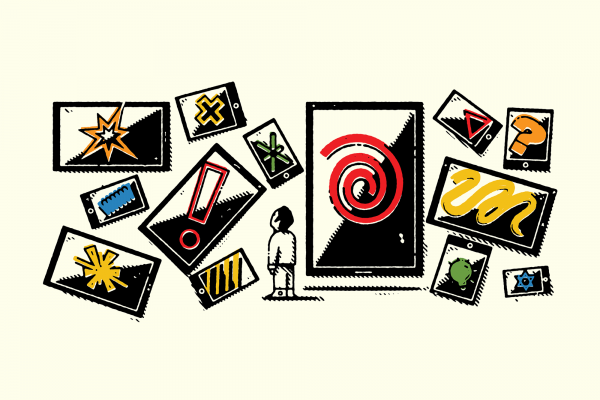WE'D ALL LIKE to think that empathy is a primary motivator in our lives. The ability to understand and share the emotions of another feels like an intrinsically human characteristic. But what happens when society erodes our collective empathy in service of a very individualistic worldview; when the world asks us time and time again to gloss over our mistakes instead of learning from them? Who are we to each other when we stop asking questions about the impacts and consequences of our actions?
Recently the Conference on Jewish Material Claims Against Germany released the first-ever 50-state survey conducted on Holocaust knowledge among millennials and Generation Z in the U.S. The data is alarming.
More than 60 percent of survey respondents did not know that 6 million Jews were murdered during the Holocaust; nearly 50 percent could not name a single concentration or work camp, though there were more than 40,000 in operation during World War II; and more than 10 percent believed that Jews themselves caused the Holocaust.
Read the Full Article

